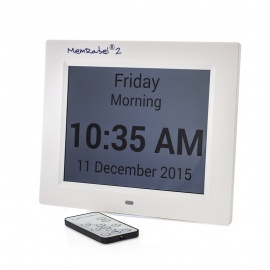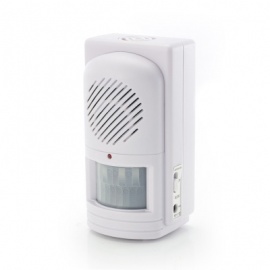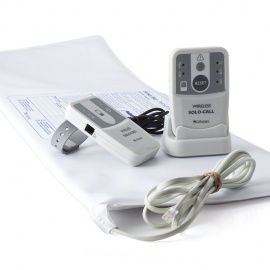| Dealing with Dementia: Coming To Terms With Everything14 December 2015 Lost. Confused. Angry. Frustrated. Emotions of a person suffering from dementia. Emotions they cannot express because they do not understand why they are feeling them. Hurt. Helpless. Frustrated. Scared. Emotions of a person caring for someone suffering from dementia. Emotions they cannot express because they cannot risk making their loved one worse. They too may not understand why the sufferer is feeling the way they are, cannot understand why they feel the need to pace, repeat a question or lash out in such an extreme way. It can be hard to know who is suffering more in this situation. What is Dementia?Dementia is a cruel and frustrating disease. A degenerative disease that has no cure, the condition can only deteriorate once it has been diagnosed. There are two major causes for dementia: Alzheimer’s and vascular dementia. They both cause it in separate ways: Alzheimer’s has no known cause for the loss of brain cells whereas vascular dementia is caused through a number of small strokes. While memory loss is the most known symptom of dementia, there are a number of other changes that occur. A restlessness or change in behaviour can be hard to deal with, especially when those changes turn to aggression, excessive swearing or even screaming. With the frustration of not being able to remember something and/or not understanding fully what is occurring, it is hardly surprising that extreme reactions are the outcome. Helping with DementiaAlthough it is a difficult situation for everyone, there are things that can be done to deal with this disease. The most important thing – above all else – is to ensure you keep yourself surrounded by friends and loved ones. Continuing to open up about how you feel is important and will help to reduce the loneliness and isolation that can come once diagnosed with dementia. Remaining active and engaging with any activity the patient enjoys for as long as they can helps to keep them motivated. Pacing and wandering is a common symptom of dementia. This again can stem back to the frustration of the situation. Going for a walk can become dangerous if the person becomes disoriented when they are out. Informing close friends of the situation can result in more eyes looking out for them and accompanying them can prevent distress. There are a number of trackers and alarms available to help you monitor their whereabouts and find them if they insist on venturing out independently. Finding a support network is important for both patient and carer. Alternatives or additional dealing strategies may be provided and you can find the one that best suits your situation. There are a number of care alarms available from reminders to trackers to help deal with the situation. These can assist the patient with keeping their independence for longer or help to put the carer’s mind at ease. To find out how you can help someone with dementia, please visit Care Alarms to see all of our Alarms for Dementia.
|









